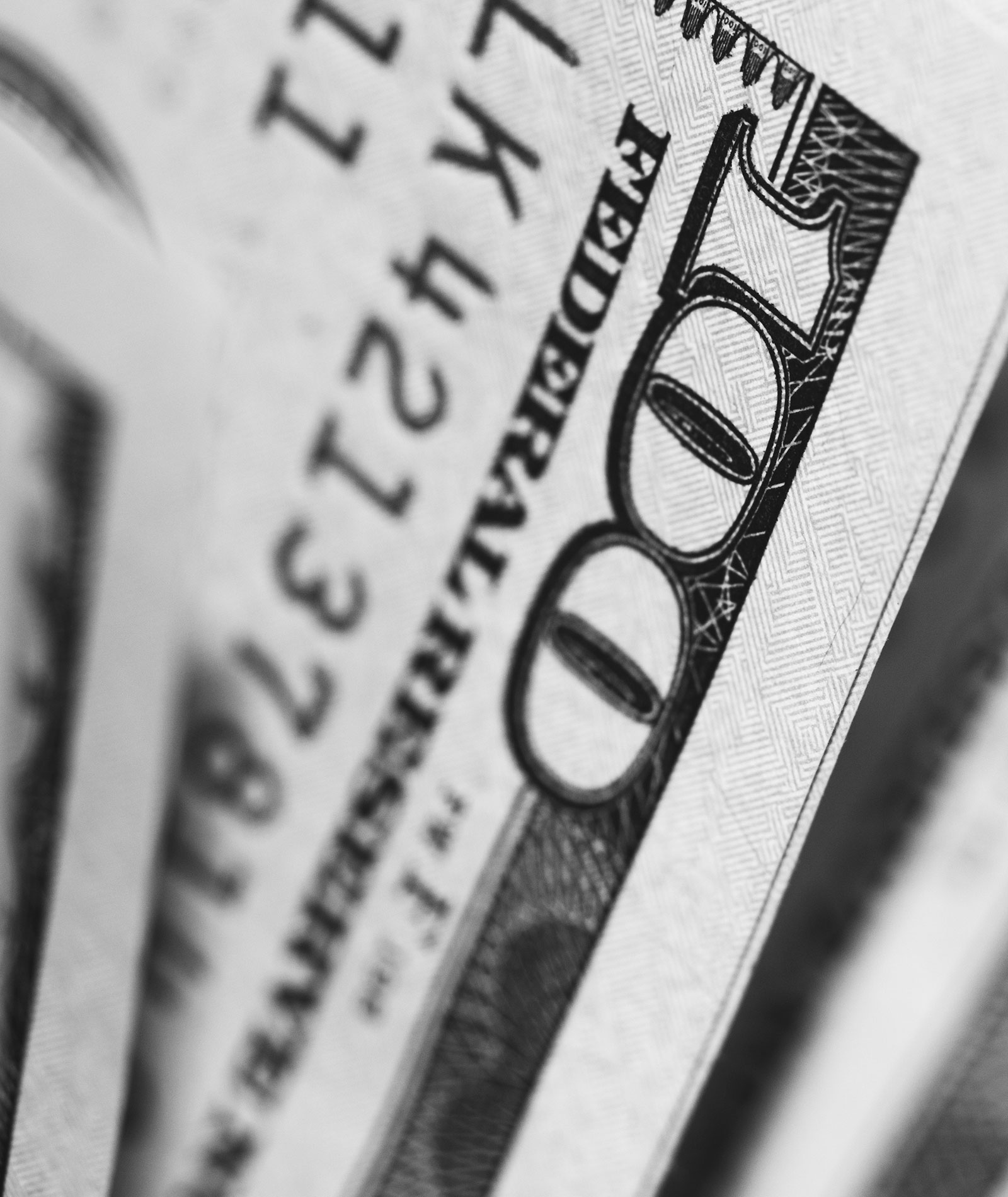Federal Circuit Court Rules on Medicare Reimbursement in Premises Liability Case

Maximizing damages in personal injury cases can be more than negotiating and litigating with the at-fault party. If there are unpaid or underpaid medical bills, hospitals and other medical service providers can seek reimbursement from the injured person. Insurers may also seek reimbursement from the policy-holder or from another insurer, depending on how much was paid, if there were multiple insurers obligated to pay, and what was agreed upon in each policy. In Humana Medical Plan Inc. vs. Western Heritage Ins. Co. (No. 15-11436), the Eleventh Circuit Court of Appeals assessed whether or not a corporate insurer, acting as an Medicare Advantage Organization (MAO) under Medicare Part C, can sue the insurer (the primary payer) for a hotel chain that settled a personal injury case with a woman injured on hotel property. The MAO initially sought reimbursement from the injured woman and her husband, but then it chose to pursue the insurer, creating new federal case precedence for Florida.
Following the premises liability accident, the injured woman sought medical treatment, which was billed to and paid by the MAO at $19,155.14. After the woman sued the hotel property, the MAO sent her a bill in the same amount, which is allowed under Part E of the Medicare Act (known as the MSP), under which Medicare payments are secondary and reimbursable if any other insurer is liable. This includes a personal injury defendant’s insurer. The amount was not appealed by any party to the action. As part of the settlement, the insurer and hotel chain tried to include the MAO on the settlement draft. The injured woman and her husband refused and sought sanctions for non-compliance with the settlement agreement. The amount was held in trust, and the hotel chain paid $115,000 to the couple. The insurer then went after reimbursement from the hotel’s insurer under the MSP private cause of action, 42 U.S.C. § 1395y(b)(3)(A), which allows double damages. The Florida federal district court granted summary judgment to the MAO, ordering the double damages under the MSP, and the hotel’s insurer appealed.
The Circuit Court acknowledged this is new territory for the Eleventh Circuit, and it carefully scrutinized the Medicare Act alongside a similar appeal in the Third Circuit. The central question was whether or not the MSP private cause of action allows an MAO to sue a primary plan for a failure to reimburse. The statute specifically allows the insured to sue when there is a failure to pay by the primary insurer, but it is less direct when discussing the MAO. The court looked at three main paragraphs of the MSP statute and concluded that when the three are read together, the federal remedy extends to the MAOs when there’s an injury in fact and there’s an obligation of any kind under the law for an insurer to pay damages, but it fails to do so. The court then stated that since the MAO may sue, it is also able to seek double damages through summary judgment, as provided by the MSP. In this case, the court felt that notice was given to the hotel’s insurer and that once 60 days passed after providing the settlement to the couple and no payment to the MAO, the MAO was entitled to double damages. While the amount could have been challenged during an earlier, separate proceeding, no one chose to do so, and the doubled $19,155.14 amount was upheld. The District Court’s ruling was affirmed against the hotel’s insurer.
When you’ve been injured in an accident, you need every dollar available to help cover lost wage and medical bills. The Florida premises liability attorneys at Donaldson & Weston have the experience you need to navigate through personal injury settlement negotiations and trial. For a free, confidential consultation, contact our office at 772-266-5555 or 561-299-3999.
More Blog Posts:
Florida District Court of Appeal Reviews Drunk Driver Motorcycle Accident Case, South Florida Injury Lawyer Blog, August 4, 2016
Wrongful Death Appeal Discusses Statutory Requirements for Expert Witnesses in Florida, South Florida Injury Lawyer Blog, July 13, 2016
